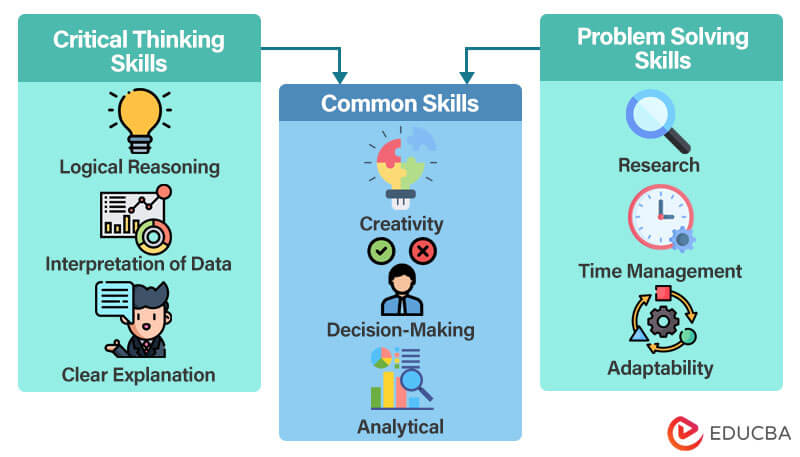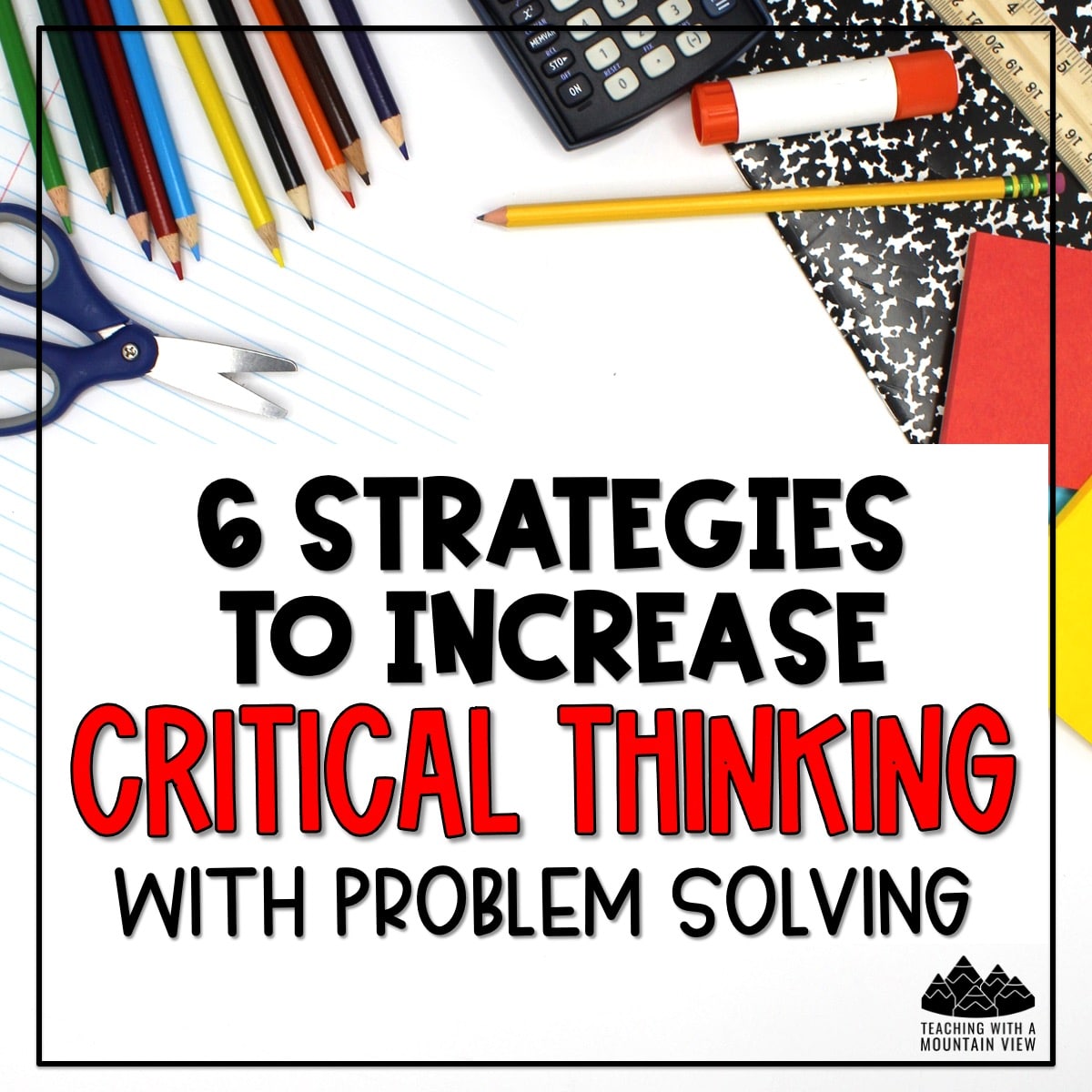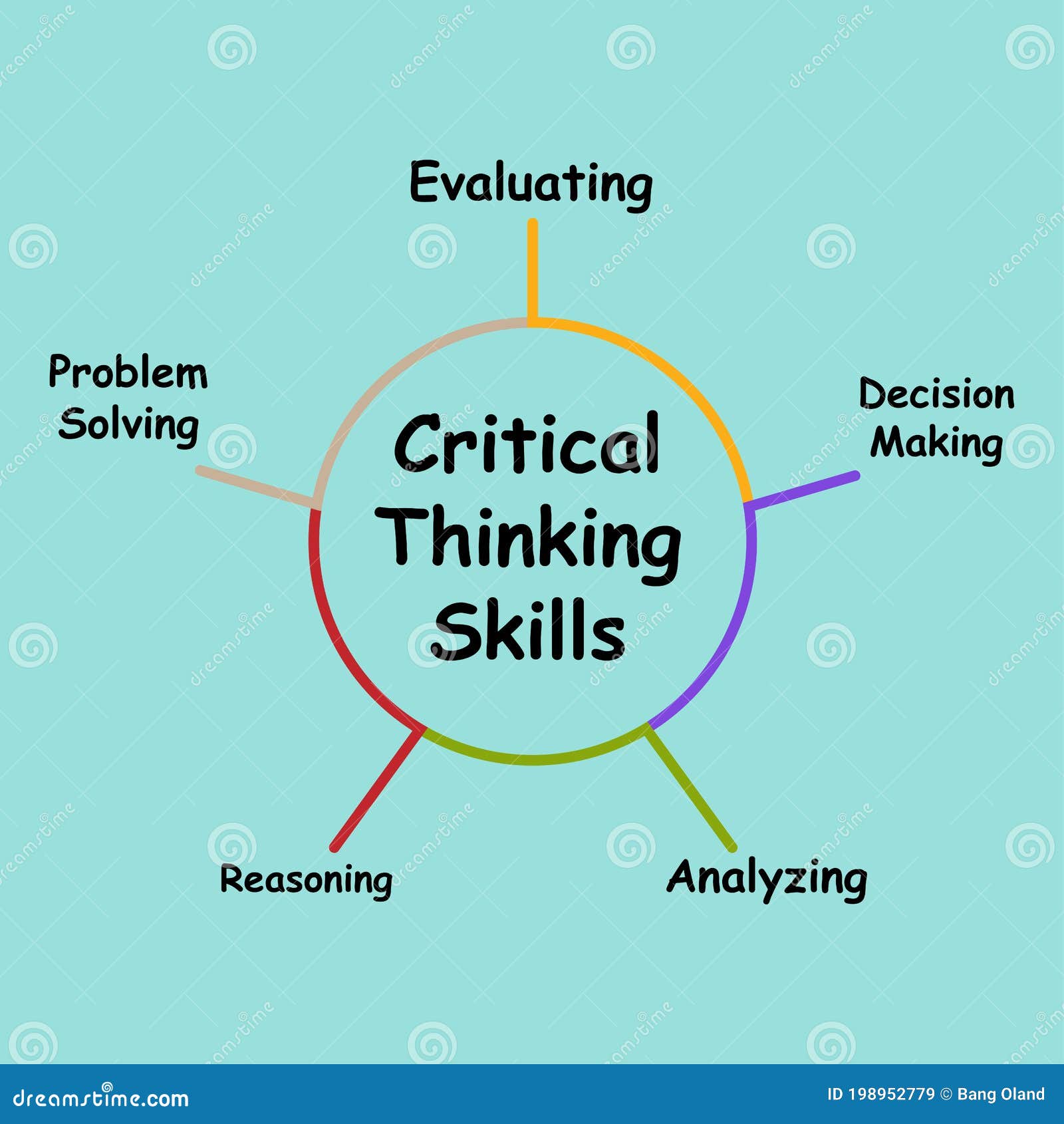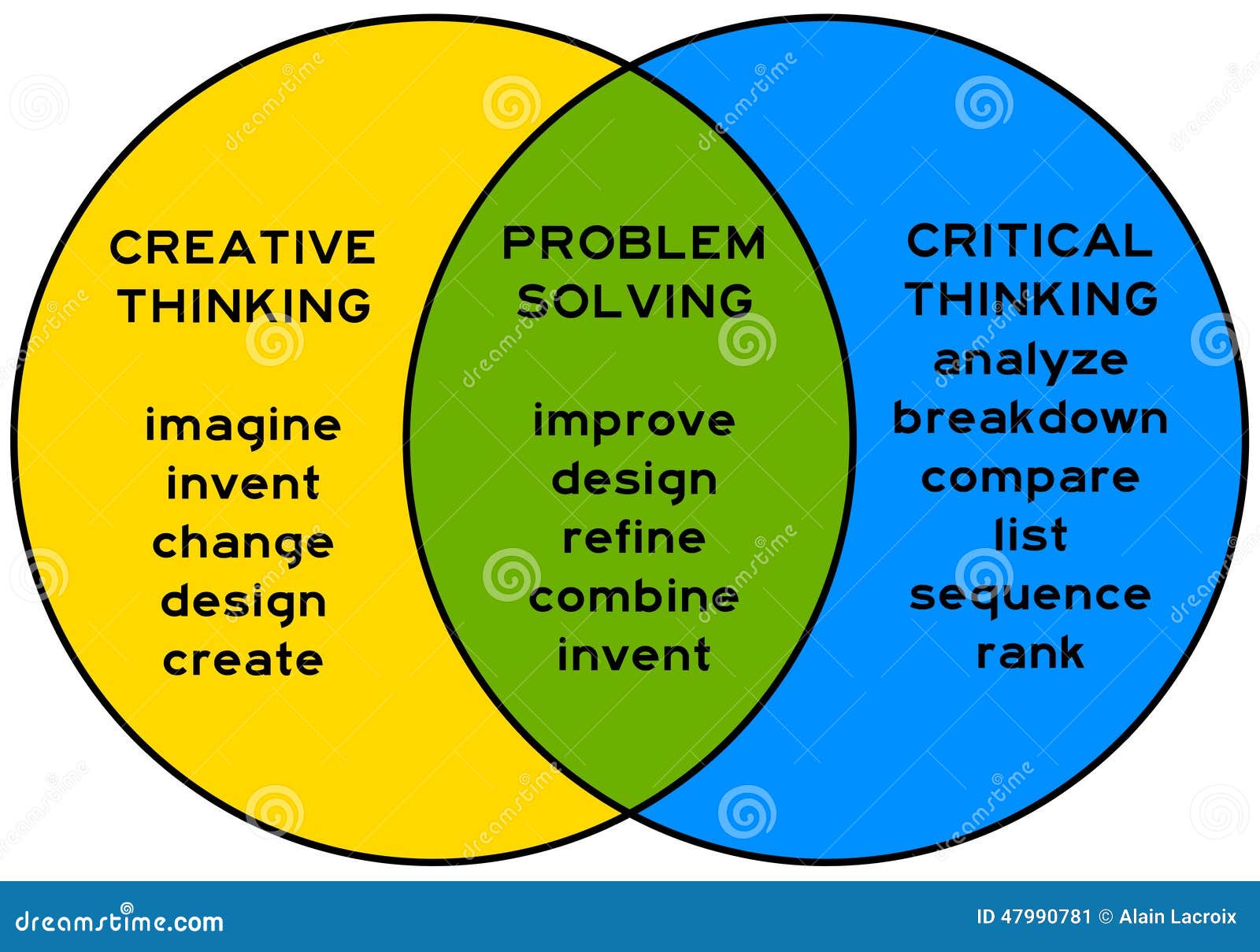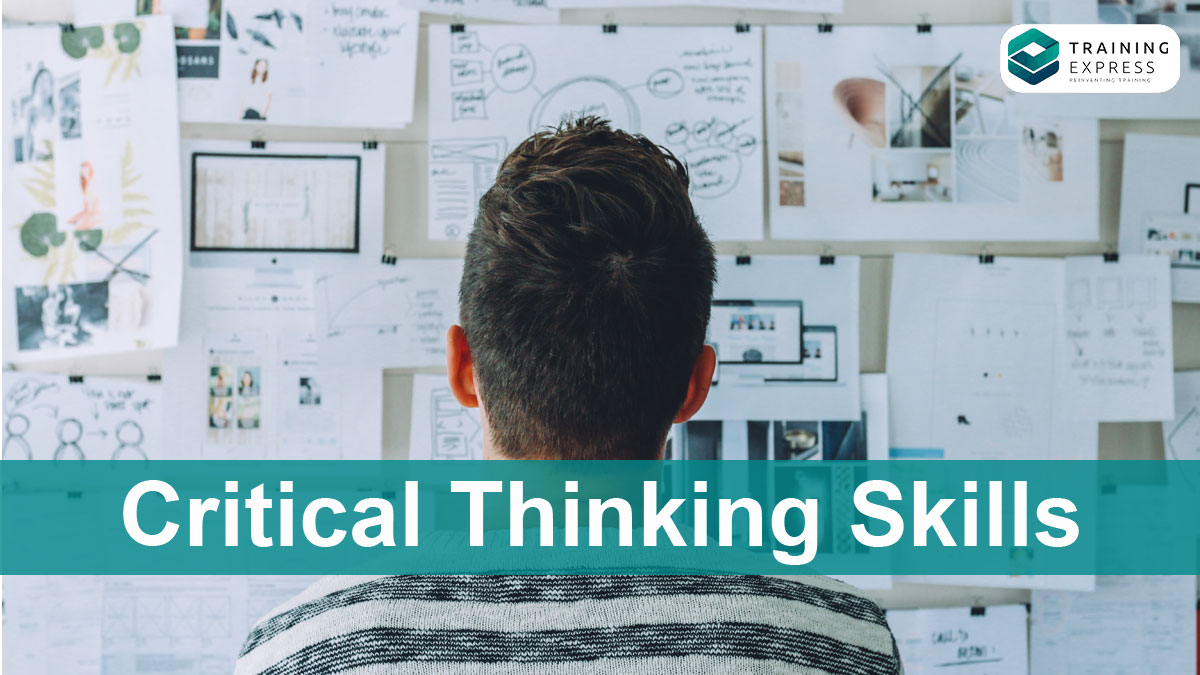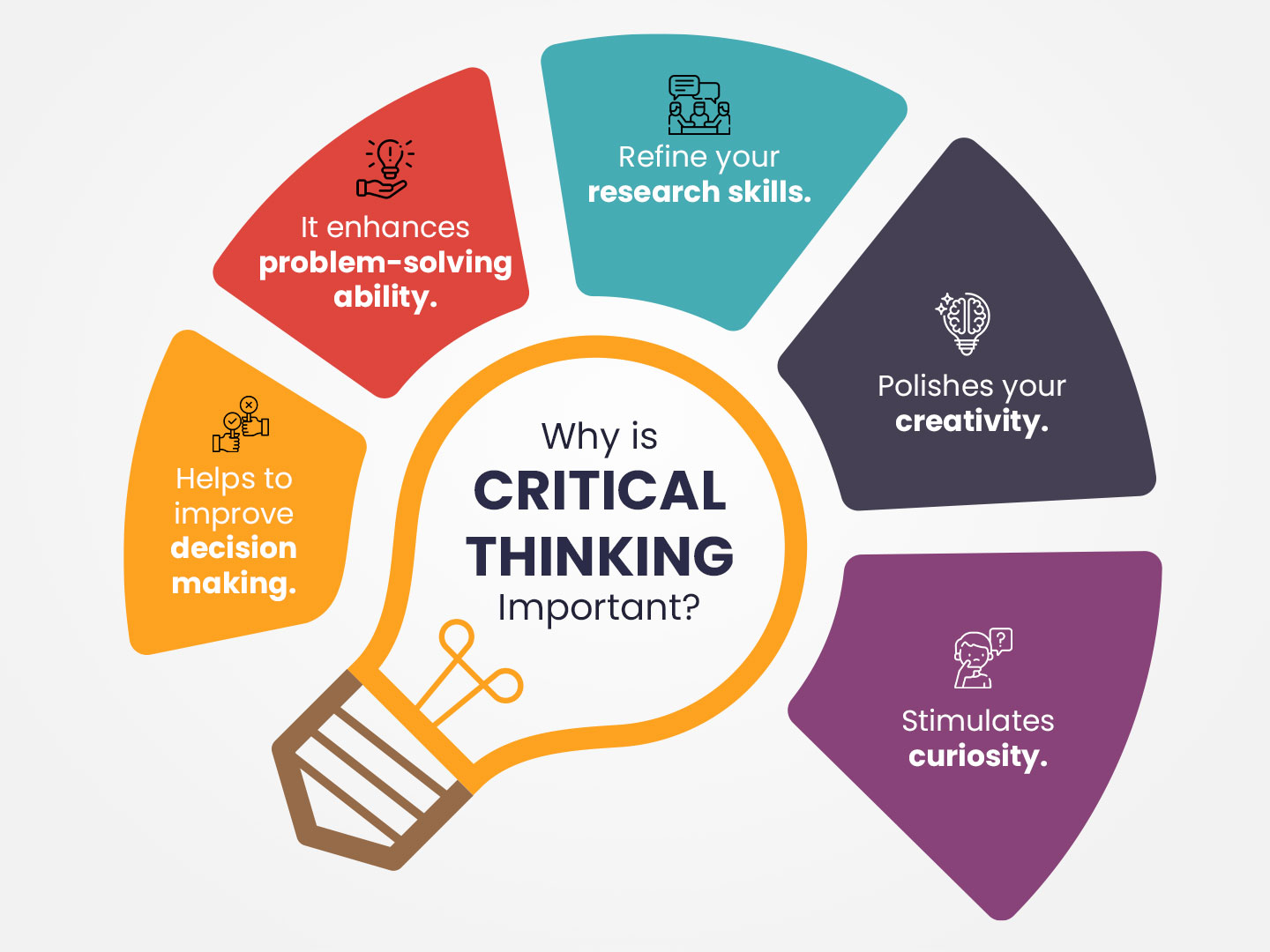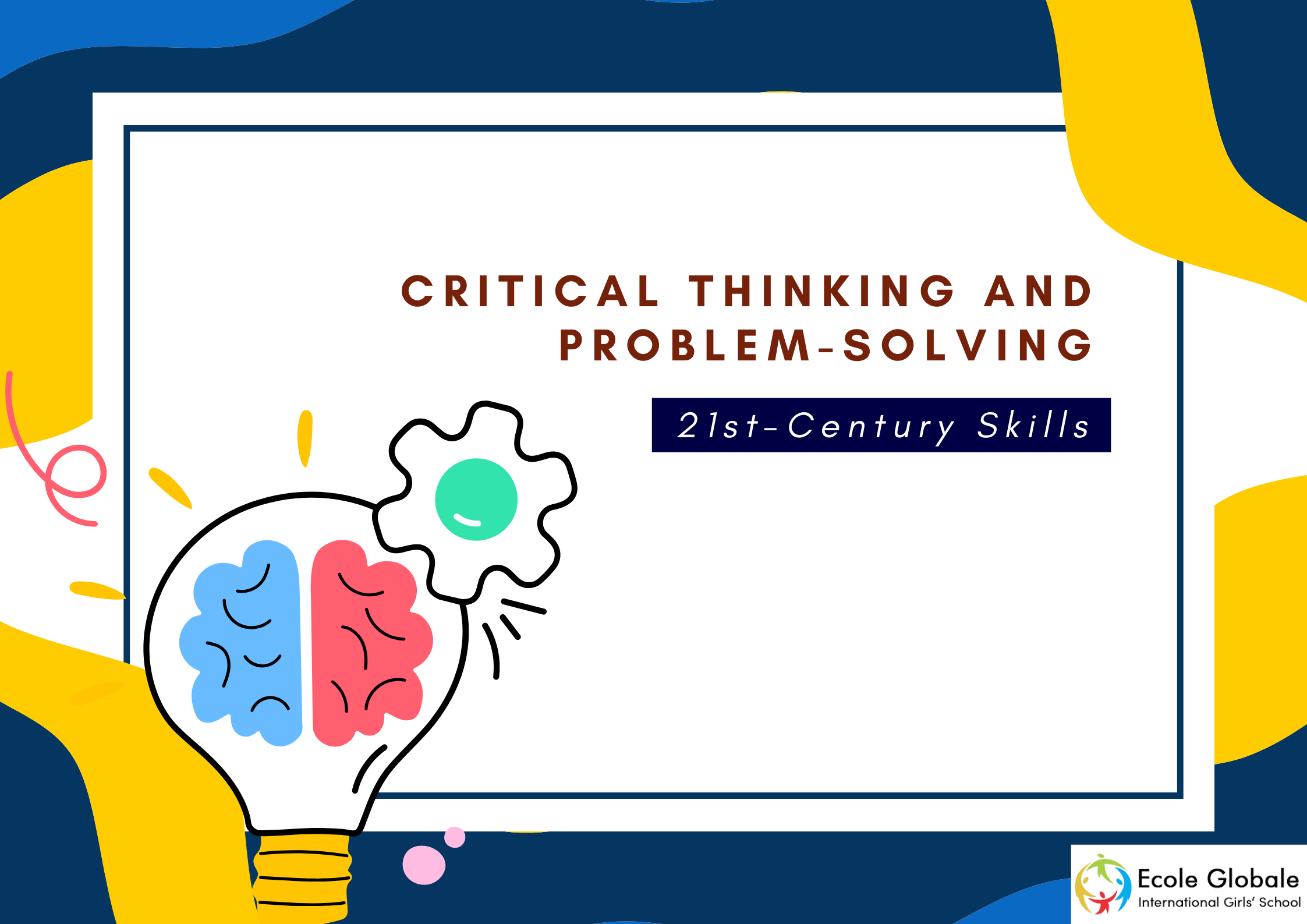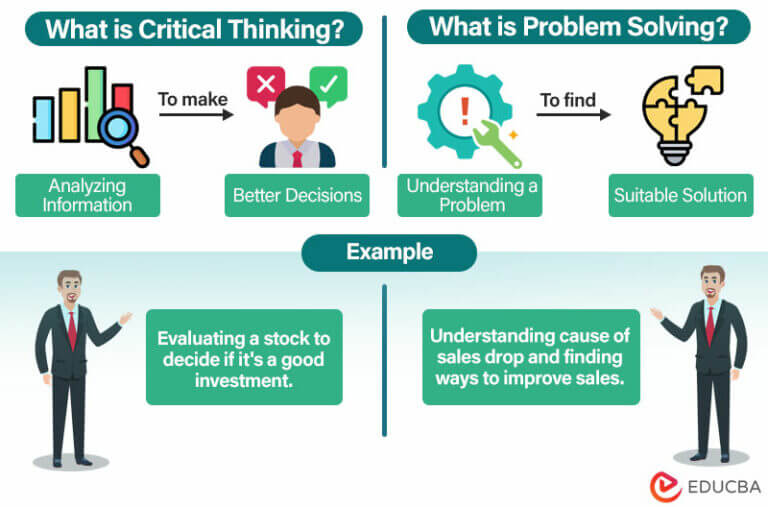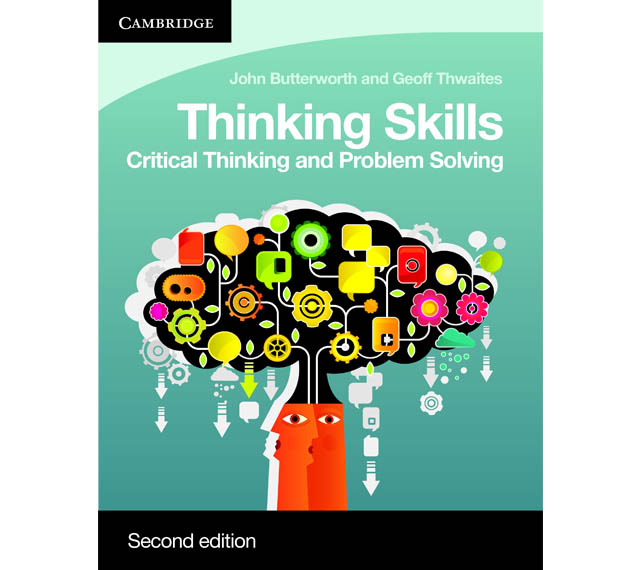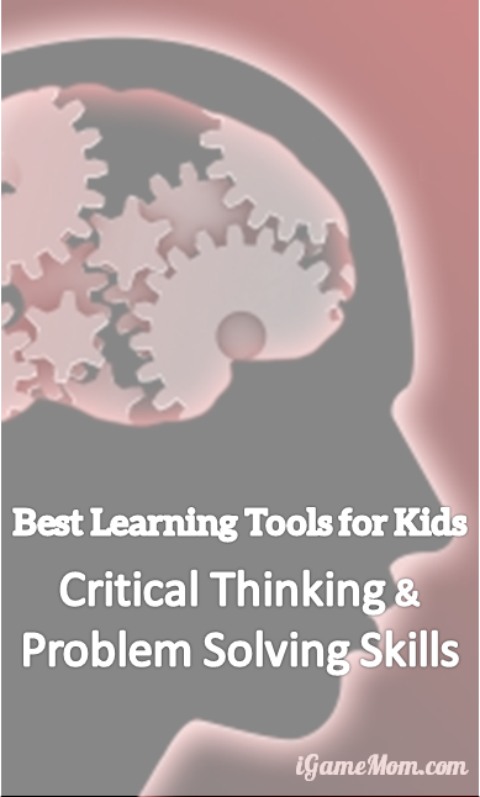Thinking Skills: Critical Thinking And Problem Solving

In an era defined by unprecedented technological advancements and complex global challenges, the ability to think critically and solve problems effectively has never been more crucial. From navigating misinformation to addressing climate change, these skills are not merely academic exercises; they are fundamental to individual success and societal progress.
This article examines the increasing importance of critical thinking and problem-solving in the 21st century, exploring how they are being cultivated in education, demanded by employers, and utilized to address pressing global issues. We will delve into the specific skills involved, the methods used to develop them, and the challenges faced in ensuring widespread proficiency.
The Growing Demand for Critical Thinkers
The modern workplace is rapidly evolving, with automation and artificial intelligence taking over routine tasks. This shift has elevated the importance of uniquely human skills like critical thinking and problem-solving.
According to a report by the World Economic Forum, analytical thinking and innovation are consistently ranked among the top skills employers seek. Businesses need individuals who can analyze complex data, identify patterns, and develop innovative solutions to remain competitive.
“The future of work is not about competing with machines but collaborating with them,” says Dr. Anya Sharma, a leading researcher in cognitive skills development. “Critical thinking allows us to leverage technology effectively, rather than being replaced by it.”
Cultivating Critical Thinking in Education
Recognizing the growing demand, educational institutions are increasingly focusing on integrating critical thinking and problem-solving into their curricula. Traditional rote learning methods are gradually being replaced by active learning approaches that encourage students to question, analyze, and evaluate information.
Project-based learning, case studies, and debates are becoming more common in classrooms across various disciplines. These methods encourage students to apply their knowledge to real-world scenarios, fostering critical thinking and problem-solving abilities.
However, challenges remain. Standardized testing often prioritizes memorization over critical thinking, and many teachers lack the training and resources to effectively implement these new teaching methods.
Specific Skills Involved
Critical thinking and problem-solving encompass a wide range of cognitive skills. These include analysis, evaluation, inference, interpretation, and reasoning.
Analysis involves breaking down complex information into smaller, more manageable parts. Evaluation requires assessing the credibility and validity of sources. Inference involves drawing logical conclusions based on available evidence.
Interpretation focuses on understanding the meaning and significance of information. Reasoning involves constructing logical arguments and making sound judgments.
Methods for Skill Development
Numerous strategies can be employed to develop these skills. Encouraging active reading, where individuals question the author's assumptions and biases, is one effective method.
Practicing logical fallacies detection helps individuals identify flaws in arguments and avoid being misled by misinformation. Engaging in collaborative problem-solving activities can also enhance critical thinking skills by exposing individuals to different perspectives and approaches.
Furthermore, gaming and simulations offer engaging ways to practice problem-solving in a risk-free environment. These tools can help individuals develop strategies and learn from their mistakes without real-world consequences.
Addressing Global Challenges
Beyond the workplace and the classroom, critical thinking and problem-solving are essential for addressing global challenges. From climate change to public health crises, these skills are needed to analyze complex issues, develop effective solutions, and evaluate their impact.
For example, addressing climate change requires critical thinking to understand the scientific evidence, evaluate different mitigation strategies, and consider the ethical and economic implications of various policy choices.
Similarly, responding to a pandemic demands problem-solving skills to develop vaccines, implement public health measures, and communicate effectively with the public.
"Critical thinking is not just about questioning authority; it's about questioning everything, including our own assumptions," says Professor David Lee, a leading expert in global policy.
The Path Forward
Ensuring widespread proficiency in critical thinking and problem-solving requires a multi-faceted approach. This includes investing in teacher training, promoting active learning methods in education, and creating opportunities for individuals to practice these skills in various contexts.
Furthermore, it is crucial to foster a culture of intellectual curiosity and open-mindedness, where individuals are encouraged to question assumptions and engage in respectful debate. This involves promoting media literacy and critical evaluation of information sources.
Ultimately, developing critical thinking and problem-solving skills is an investment in a more resilient, innovative, and equitable future. By empowering individuals to think critically and solve problems effectively, we can create a society better equipped to address the challenges of the 21st century and beyond.

